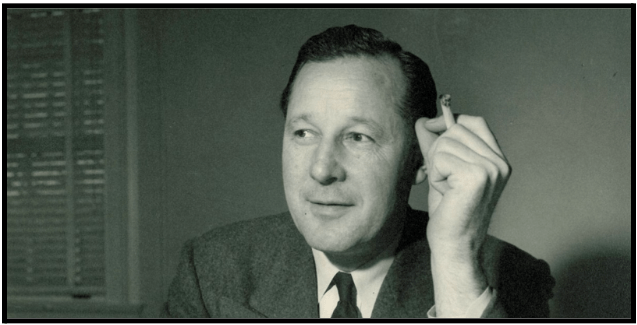Problem-solving, adaptation, and growth in the face of ideological tyrants.
Talking Big Ideas.
“All life is problem solving.”
~ Karl Popper
– Scientific Monthly, September 1945
Modern Prometheans have raided Mount Olympus again and have brought back the very thunderbolts of Zeus.
Christopher Nolan’s epic movie opens today.
It’s based on the Pulitzer-winning biography American Prometheus, a fascinating portrait of a brilliant man who continuously rose to face challenges.
Oppenheimer, the iconic father of the atomic bomb – the Manhattan Project leader who helped end World War II – is etched in history as the great American Prometheus.
So I was surprised to read in American Prometheus how awkward this giant was as a boy. At a summer camp most kids considered “a mountain paradise of fun and camaraderie,” Oppenheimer was singled out and teased mercilessly, stripped naked, beaten, and doused in green paint.
His awkwardness followed him to Harvard, where he had almost no social life and became deeply depressed and suicidal. A prominent psychiatrist diagnosed Oppenheimer as “a hopeless case” who was likely schizophrenic.
Yet he was determined to solve his problems. Through sheer effort (and without professional assistance) by his early 20s “he was transformed . . . confident, excited, and focused . . . it [was] remarkable that so young a man already had a whole group of admirers trailing along after him.”
Before he turned 30, Oppenheimer was known internationally not only for his brilliance as a physicist but also as a popular and well-spoken ladies’ man.
This is a theme that ran throughout his life. Oppenheimer had an almost superhuman ability to make adjustments and solve problems.
At age 39, he was appointed to lead a top-secret project to build an atomic bomb: “in order to succeed . . . Oppenheimer would have to remake a significant part of his personality if not his intellect, and he was going to have to do all this in short order.”
He succeeded.
Oppenheimer was in charge of administering the world’s first-ever nuclear weapons laboratory. He had never previously administered anything other than student seminars. And yet he pulled it off, recruiting many of the most brilliant minds in the world. He faced absurd logistical, administrative, and military demands, yet rose to the occasion.
He was revered as a leader who solved problems while treating people with dignity.
Building the bomb meant facing countless scientific and technical problems. He and his team solved them all. Seeing the sheer destruction of the bomb haunted Oppenheimer. He pivoted and used his voice to speak out against a nuclear arms race.
In the 1950s, during the height of McCarthyism, Oppenheimer was humiliated and canceled for his political activism decades earlier. A good friend said:
I drew his attention to the fact that he would be welcome in a hundred academic centers abroad and asked him whether he had not thought of taking residence outside this country. His answer, given to me with tears in his eyes: ‘Damn it, I happen to love this country.’
Oppenheimer faced his challenges head-on. He stayed in America even as McCarthy destroyed his career and reputation.
As a young man in the 1930s, Oppenheimer’s wife and brother were active with the Communist Party. He never joined, but he was supportive of their fight for minority rights and equality before the law.
These are noble ideals. If you and I were alive and active in 1930s America I hope we would have done the same.
Crucially, when the Soviet Union teamed up with Nazi Germany in 1939 to invade Poland, Oppenheimer realized the Soviet Union was authoritarian and distanced himself.
Many American activists continued to support the communists, but Oppenheimer didn’t. His loyalty was to human dignity, and to America, not party ideology or dogmatic tribalism.
Today, it’s easier than ever to humiliate and cancel others as McCarthy did. We increasingly live in bubbles that reinforce our worldviews and often refuse to consider or believe contrary ideas. It takes less effort to denounce and demonize than to listen and learn.
We can rise above this. We can be like Oppenheimer instead of McCarthy.
Oppenheimer served as a testament to our capacity for problem-solving, adaptation, and growth. He showed us that we can treat people with dignity and tackle seemingly insurmountable challenges.
As the physicist David Deutsch says, even massive problems are solvable. Anything that doesn’t violate the laws of physics is possible.
What seemingly insurmountable challenge do you face? How can you apply the Oppenheimer mindset to overcome it?




